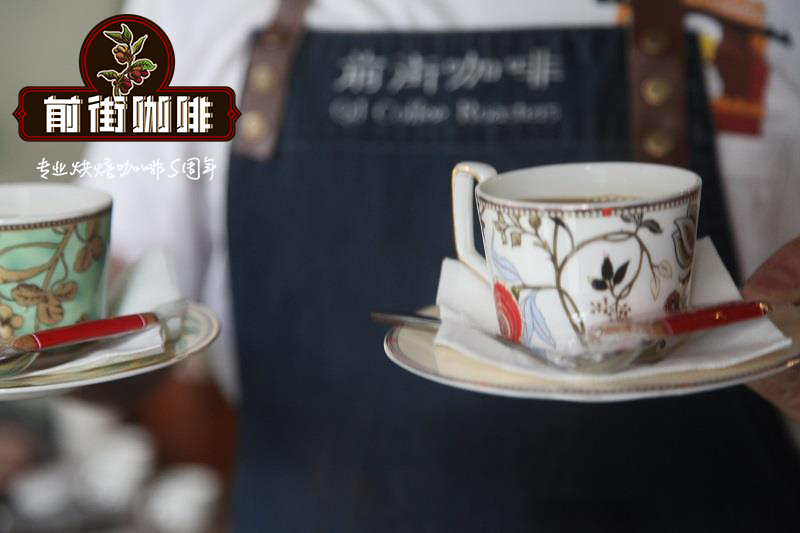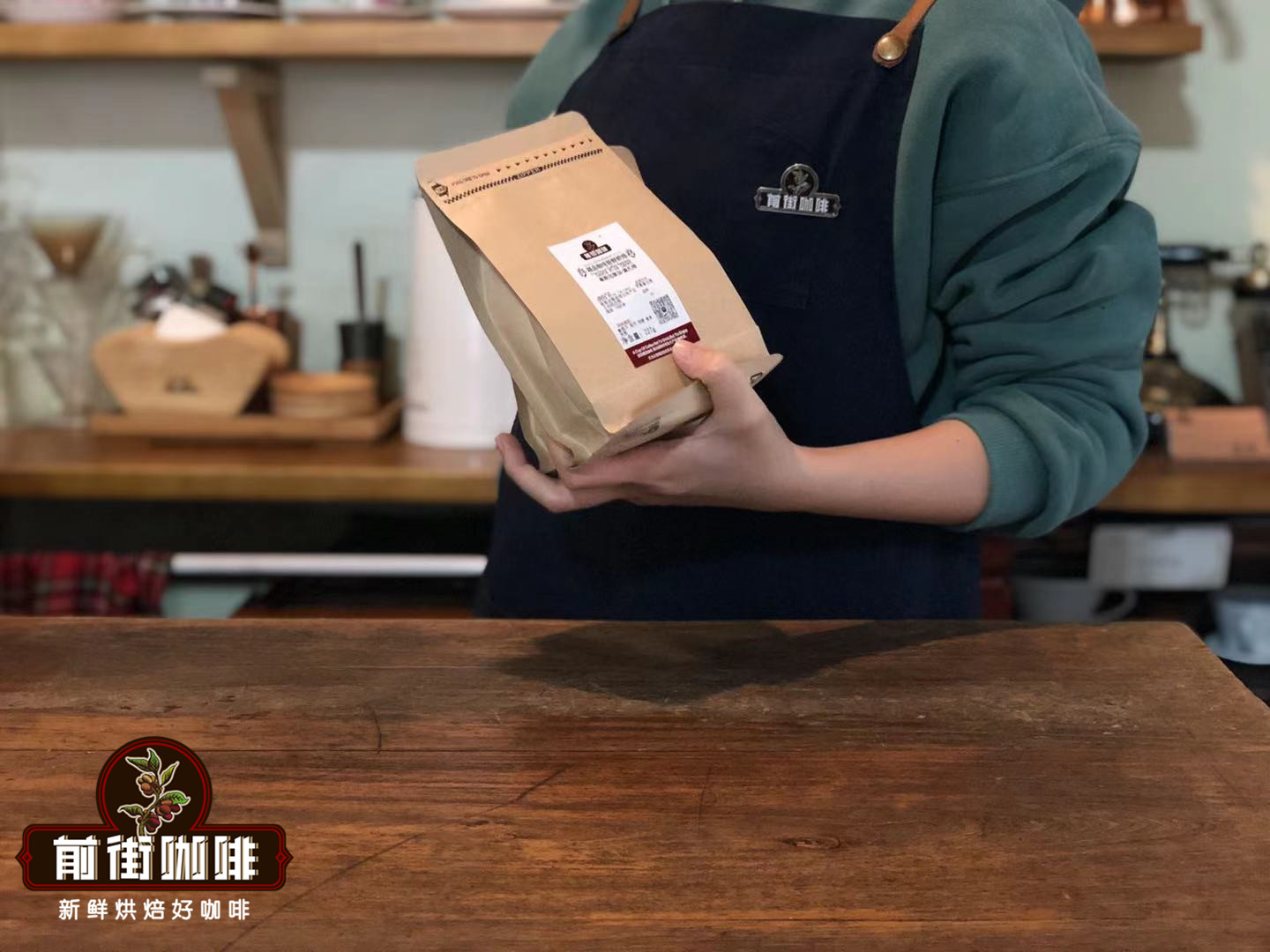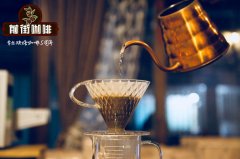Roasting at home is fine coffee? What is the standard of fine coffee? what is fine coffee?

Professional coffee knowledge exchange more coffee bean information please follow the coffee workshop (Wechat official account cafe_style)
Boutique Coffee download _ Fine Coffee E-Book
Ask the shopkeepers about their understanding of boutique coffee, and each store probably has a different story. Some people think that fresh home-baked coffee is fine coffee; some think that every step from beans to a cup of coffee is fine coffee; others think that tasting pure coffee without sugar and cream is just fine coffee.
Let's take a look at the recent definition of the Fine Coffee Association of America (SCAA):
Sometimes called "gourmet" or "premium" coffee, specialty coffees are made from exceptional beans grown only in ideal coffee-producing climates.
They tend to feature distinctive flavors, which are shaped by the unique characteristics of the soil that produces them.
Boutique coffee is sometimes called gourmet coffee or high-priced premium coffee. Boutique coffee is an excellent coffee bean produced in the "ideal coffee growing climate area". Because it grows from a unique soil, it forms the special aroma and taste of boutique coffee.
Among them, "ideal coffee growing climate area" usually refers to coffee grown in Arabica (a very small number of Robusta species also use this concept to require careful production environment and treatment). Arabica coffee beans have a unique flavor and low caffeine, but must grow at a high altitude near the equator, the yield is not high, so the price is high; commonly heard of the Blue Mountains, Kenya, Colombia … All kinds of coffee are grown in Arabica.
Instant coffee or canned coffee is made from another kind of robusta (Coffea Robusta) coffee beans; this kind of coffee grows fast, does not choose to grow in the environment (Vietnamese coffee with the top name is the most obvious example in recent years), and caffeine is about twice as high as Arabica, resistant to diseases and insect pests, and produces a great deal of caffeine; the disadvantage is that it smells a lot (so people and insects don't like it).
SCAA is not a saint and does not necessarily fit this definition; please note that this definition only refers to raw beans, and nothing else is mentioned about post-processing, preservation, baking, grinding, brewing, and blending. Why? Is it true that as long as good raw beans are always delicious?
When you have time, you might as well think about it. What do you think is fine coffee?
SCAA, full name-Specialty Coffee Association ofAmerica, Chinese translation as "American Special Coffee Association" and a small number of people call it "American Fine Coffee Association".
SCAA is committed to providing a common platform for pursuing the excellent quality of coffee "from seed to cup" and the sustainable development of high-quality coffee, establishing coffee quality standards and standardizing the certification standards for the skills of coffee professionals. Its main functions include: setting and maintaining coffee quality standards in the coffee industry; conducting research on coffee, coffee equipment and improving coffee craftsmanship; at the same time, the association also provides coffee education, training, resources and commercial services for its members; the barista evaluation standard established by SCAA and the barista certificate issued is one of the most authoritative barista certifications in the world.
According to the American Fine Coffee Association (SCAA), the current evaluation criteria for fine coffee are briefly introduced as follows:
1 whether it has dry aroma-Fragrance
"Fragrance" refers to the aroma of roasted coffee or ground coffee.
2 whether it has wet aroma-Aroma
"Aroma" refers to the aroma of the coffee extract, the broken residue (the smell smelled by the nose) during the cup test and the aroma of the coffee liquid inhaled from the mouth.
3 whether it has acidity-Acidity
"Acidity" refers to the sour taste of coffee, the feeling of dryness at the back and lower edge of the mouth. The combination of rich sour taste and sugar can increase the sweetness of the coffee liquid.
4 whether it has alcohol thickness-Body
"Body" refers to the alcohol thickness and viscosity of coffee, that is, the concentration and weight of the coffee liquid.
5 whether it has an afterrhyme-Aftertaste
"Aftertaste" is the aftertaste of coffee, which is evaluated according to the flavor after drinking or spitting.
6 whether it has a taste-Flavor
"Flavor" refers to the taste and taste. The upper jaw can know the taste of coffee by enjoying the aroma and taste of the coffee liquid at the same time.
Introduction to the txt download of the definition and Evaluation of the pdf Electronic version of Fine Coffee
Important Notice :
前街咖啡 FrontStreet Coffee has moved to new addredd:
FrontStreet Coffee Address: 315,Donghua East Road,GuangZhou
Tel:020 38364473
- Prev

Top 10 Coffee Bean Brands list Top Ten Best Black Coffee Brand characteristics
Professional coffee knowledge exchange more coffee bean information please follow the coffee workshop (Wechat official account cafe_style) individual coffee varieties you must know the famous coffee producing area coffee beans introduction after work, at home with ground coffee beans or instant coffee powder to make a cup of coffee, it can be said to be quite comfortable
- Next

Six things to know about boutique coffee there is a difference between boutique coffee and individual coffee
Professional coffee knowledge exchange more coffee bean information please follow the coffee workshop (Wechat official account cafe_style) boutique Coffee download _ boutique Coffee E-Book 1. Who proposed the concept of boutique coffee? In 1974, Ms. Erna Knutsen, the founder of Knutsen Coffee in the United States, proposed fine coffee in the coffee journal Tea Coffee Trade Journal.
Related
- Detailed explanation of Jadeite planting Land in Panamanian Jadeite Manor introduction to the grading system of Jadeite competitive bidding, Red bid, Green bid and Rose Summer
- Story of Coffee planting in Brenka region of Costa Rica Stonehenge Manor anaerobic heavy honey treatment of flavor mouth
- What's on the barrel of Blue Mountain Coffee beans?
- Can American coffee also pull flowers? How to use hot American style to pull out a good-looking pattern?
- Can you make a cold extract with coffee beans? What is the right proportion for cold-extracted coffee formula?
- Indonesian PWN Gold Mandrine Coffee Origin Features Flavor How to Chong? Mandolin coffee is American.
- A brief introduction to the flavor characteristics of Brazilian yellow bourbon coffee beans
- What is the effect of different water quality on the flavor of cold-extracted coffee? What kind of water is best for brewing coffee?
- Why do you think of Rose Summer whenever you mention Panamanian coffee?
- Introduction to the characteristics of authentic blue mountain coffee bean producing areas? What is the CIB Coffee Authority in Jamaica?

